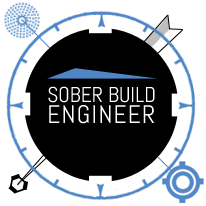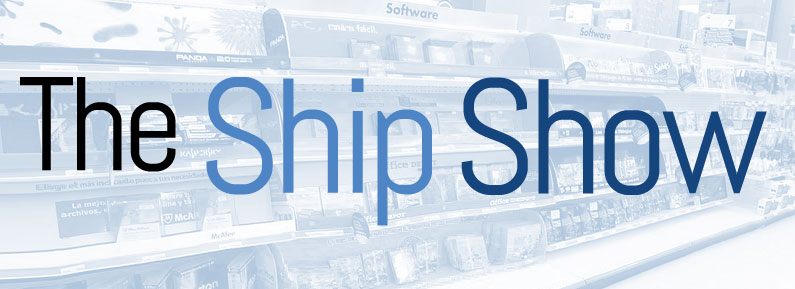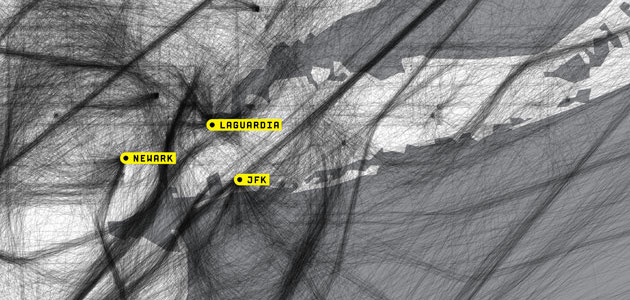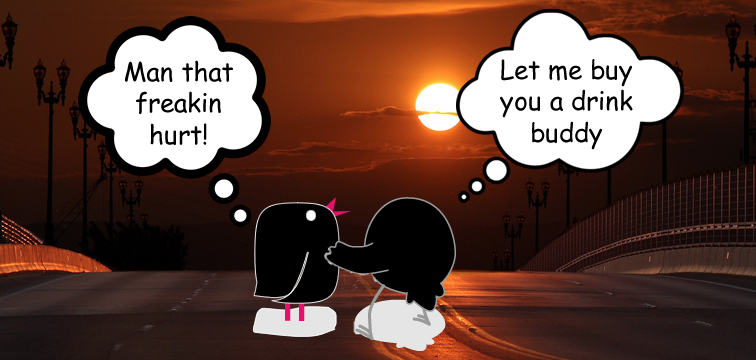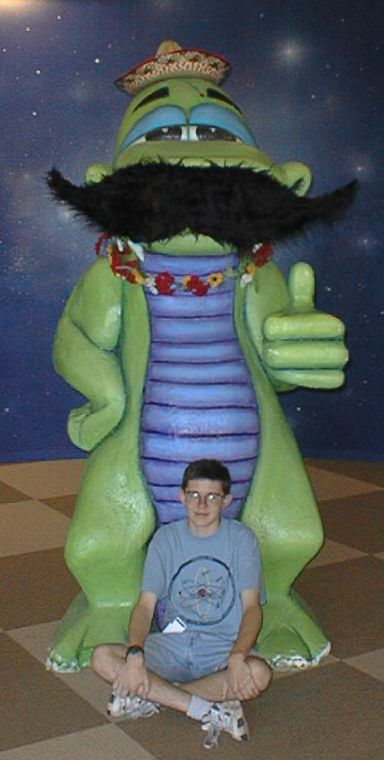Songbird, the first “actual OMG real startup” I ever worked for, announced earlier this month that it’s closing its doors.
I remember exactly when I first heard about Songbird: it was at a brown-bag lunch event at Mozilla Corporation1. Rob Lord and a couple of ‘birders were demoing the 0.4 (or so) version of the desktop client and it was amazing to see XULRunner used for such a different application than a web browser.
At the time, I didn’t have an inkling I’d work there, but early in 2008, there I was, the company’s first release engineer.
Located at Howard and 2nd, Songbird was the quintessential San Francisco SOMA startup. The Nest was a beautiful office and lunch often involved going to the Irish Bank for a beer and bangers and mash.
At the time, I still lived in Mountain View, and Songbird was directly responsible for me eventually moving up to “the City.” (After about six weeks of doing the three-hour-per-day CalTrain commute, I was over it, and decided I had to move up to the Big Time.)
The economic problems of late-2008 changed a lot of things, but Songbird had built a great core engineering team, and I have many fond memories of working through those uncertain months, poking fun at the less than-stellar office space2, and working through many releases in solidarity.
I’m also proud of the hoops we were able to make XULRunner jump through. The team was great at modifying and working with the on-again-off-again3 platform to achieve something totally new. Because of our reliance on so many open source projects4, there were a lot of interesting release engineering problems to solve. Back then, we were tracking upstream open source projects, plus our own patch sets using Subversion. We were also supporting huge partners, and we learned a lot about release engineering coordination with large organizations.
For me, Songbird’s legacy is the group of people the experience introduced me to and that I was privileged to work with. The startup environment is a harrowing one, and that combined with the waxing and waning fortunes of the company created a tightly knit group of people who sometimes disagreed on engineering approaches, but always respected each other.
We still hang out in IRC together and chat on a daily basis. Every few months, we’ll get together for beer or a barbecue. We relive some of the old memories, but talk about the new things in our lives as well. I think the fact that we still do this is a testament to the type of team Songbird assembled.
It’s sad to see the Bird migrate away forever, but the effects of its song will be heard for a long time.
